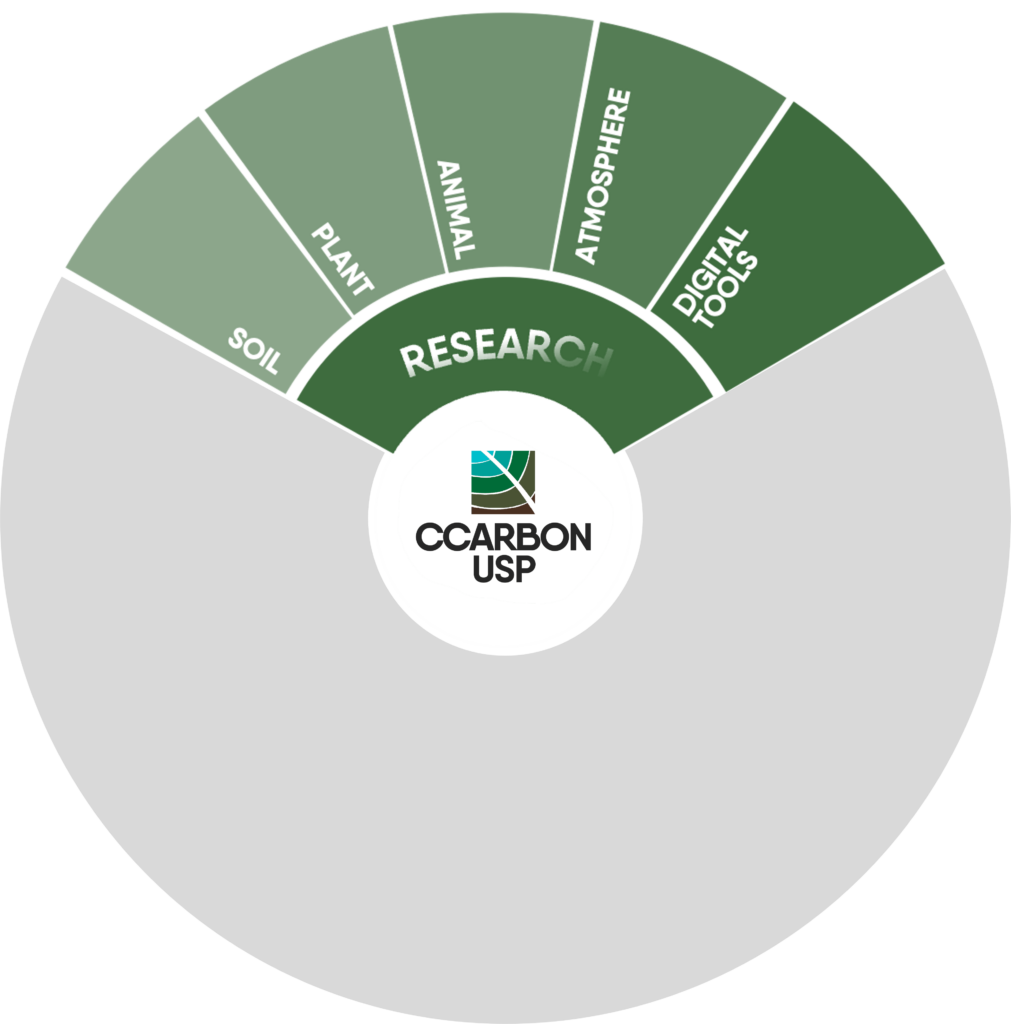


We are the Center for Carbon Research in Tropical Agriculture (CCARBON/USP), affiliated with the Rectorate of the University of São Paulo (USP) and headquartered at the Luiz de Queiroz College of Agriculture (ESALQ) in Piracicaba – SP, Brazil. CCARBON/USP creation was approved by the Research, Dissemination and Innovation Centers Program (CEPID) of the São Paulo Research Foundation (FAPESP).